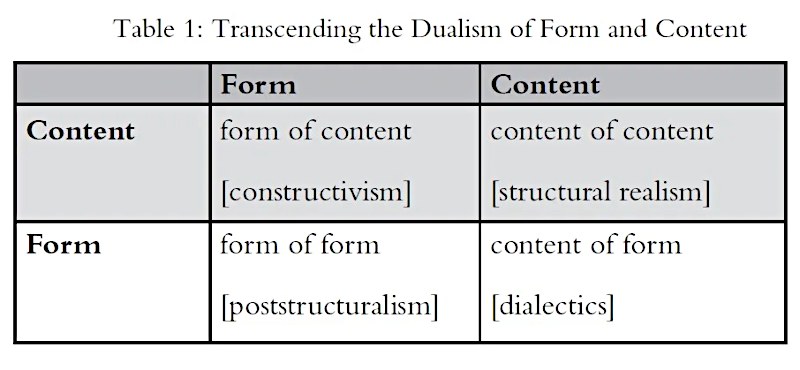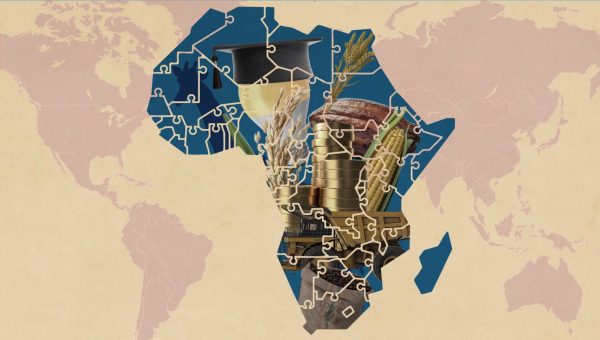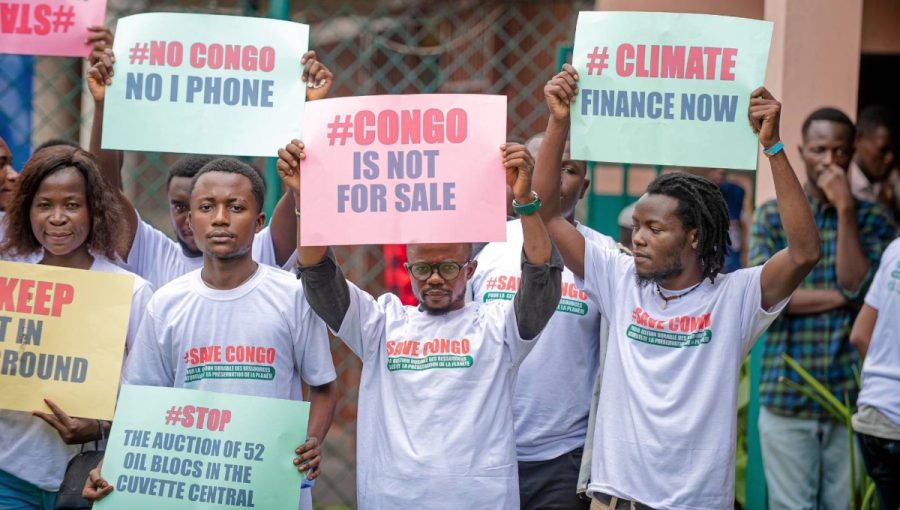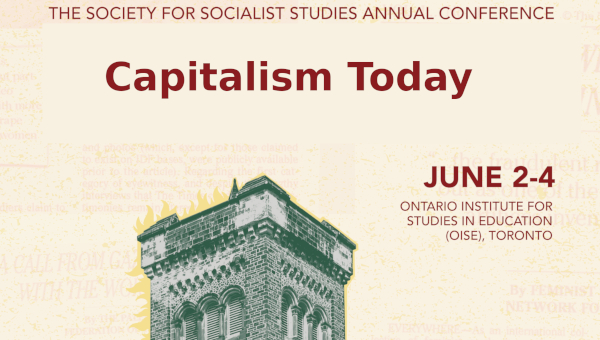The Geopolitics of Global Capitalism and Ukraine
In our latest essay in Socialist Register 2024 we deliver a contribution to understanding contemporary geopolitics without shying away from placing our concerns within an analysis of capitalism.

Spotlighting contributions across the social sciences we demonstrate a common tendency to avoid any reference to capitalism as a totality. Instead, mainstream approaches commonly strive for an emphasis on a multiplicity of contingent social factors shaping geopolitics that results in mystifying economic development. We therefore argue that there is a common allergy to capitalist totality as well as historical materialism that grips the international theory of (1) the science-envy of structural realism; (2) constructivist ideas-centred accounts of geopolitical change based on contingency; and (3) approaches that focus on the discursive production and indeterminacy of geopolitics.
Ideology is always inscribed in method. Therefore, our argument is that contemporary approaches to geopolitics are trapped within a binary opposition between the form of ideology and the content of materiality. One can repeatedly witness a dualist opposition between the form of geopolitics (the states-system) and its contemporary socio-historical content (capitalism) in theorising on the international. Instead, making our own ideology explicit and drawing from Fredric Jameson, among others, we propose a rejuvenation of historical materialist dialectics to overcome this dualist opposition to offer fresh insights on competition and confrontation within the present-day conditions of capital accumulation. The reframing we propose rejects the binary dilemma of form and content.
In one table we represent these distinctions between form and content and link them to contending approaches to understanding contemporary geopolitics. Hence there is a dismissal of structural realism because of its material capabilities overemphasis on the content of the content in the historical process. Second, social constructivists are rejected for holding on to the dualism of form and content by emphasising the form of the content in an ideas-centred account of history. Finally, the approach that most focuses on the production of form, is the discursive approach to the form of form in poststructuralism. The result is a focus on a shapeless and contingent world of fetishised self/other differences that constructs the modern state and geopolitics.

As an alternative, our reframing asserts a focus on the content of the form as a historical materialist dialectical departure point for understanding the internal relation of the geopolitics of the states-system and global capitalism. Is there something peculiar in terms of the content of the capital relation that means that the states-system contingently came into being but has become the necessary form of geopolitics? How is the internal relation of the content of form represented most starkly in the modern condition of the geopolitics of global capitalism?

We pose these questions as a historical materialist move away from the separation or binary dualism of form and content to appreciate their internality, thus developing our work on internal relations as set out in an early article in International Studies Quarterly and then expanded in Global Capitalism, Global War, Global Crisis.
Historical materialism provides a dialectical rudder to guide us though the binary dilemma of separating out content and form as external relations and we deploy that dialectical rudder in a geopolitical analysis of the war in Ukraine. In doing so, we distance ourselves from those analyses of geopolitics that, through the Ukraine War, make the case for expanding the permanent arms economy of military spending (such as Paul Mason). Equally, we reject those arguments that hold China as offering some form of multipolar alternative to US geopolitics (such as Vijay Prasad). Additionally, those treatments of the war in Ukraine that elevate the conflict as foremost a war of self-determination and independence that must be supported with militarisation are scrutinised (such as Yulia Yurchenko). The war in Ukraine may well be regarded as a war of independence but it is nested within wider inter-imperialist rivalries as well as the deep crisis in global capitalism.
The Russo-Ukrainian War has been transformed into a proxy war between the US and its allies against Russia, fought with Ukrainian personnel on Ukrainian soil. It would be limiting to view the conflict as a war of self-determination given that Ukraine will most likely be treated post-conflict as another growth opportunity for transnational capital. Is not Ukraine part of a latest ‘bomb-and-build’ spatial fix strategy for capital accumulation? It would not be the first time in history that after a successful struggle for “self-determination” such concerns become pushed aside by the empire of capital. The geopolitical significance of Ukraine, then, is that it is one of the keystones in an arc of inter-imperialist competition that stretches across the Eurasian landmass.
In 2010, G. John Ikenberry perhaps represented most strikingly the liberal ideology of constructivism and its focus on what we call in Table 1 the form of the content. In an attempt to capture the discontents of the liberal international order, Ikenberry declared:
“In the decades ahead, the United States and Europe and rising states – many of which are in Asia – will have more reasons and not fewer reasons to cooperate in open and rule-based ways.”
His view was that the future would still belong to a liberal international order and that “the violent forces that have overthrown international orders in the past do not seem to operate today.” The contemporary geopolitics of the Russo-Ukrainian War clearly reveals how moribund such liberal internationalism and the ideology of an ideas-centred conception of political economic change actually is.
In contrast, although a historical materialist dialectical rudder does not provide finality on such issues it does offer a guiding red thread on the primacy of the category of capitalism as a totality, rather than separate parts, and how to internally relate the form of geopolitics (the states-system) and its contemporary socio-historical content (global capitalism) as moments of a whole. As a result, we argue that war in Ukraine is an inter-imperialist conflict between the US and its Western allies against Russia, which also needs to be understood as a warning signal for war against China.
Resistance against capitalism and its permanent arms economy is the only hope for a more peaceful world order. Opposition to all types of capitalist imperialism is a fundamental starting-point in this respect. •
This article first published on the PPE website.





